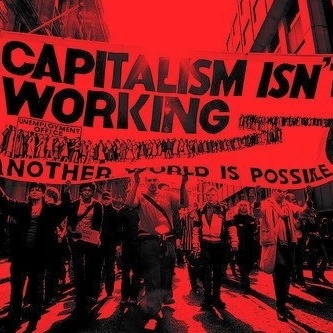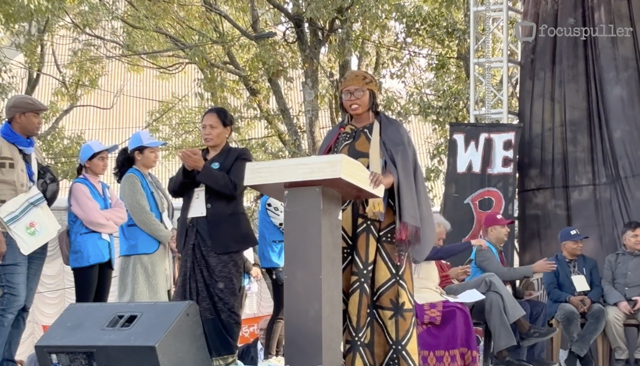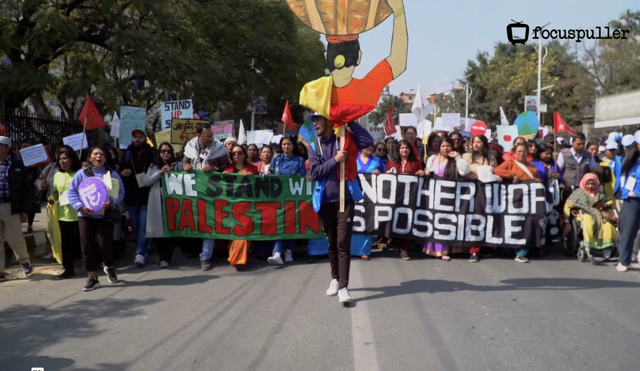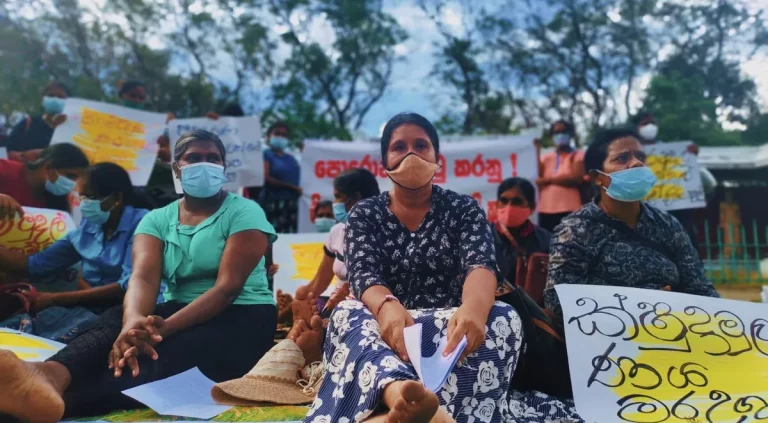The Governor of the South African Reserve Bank (SARB) has announced a 0.25 percentage point increase to the repo rate. The reason given was to mitigate the risk of rising inflation. This is callous and completely fails to comprehend the dire situation faced by the majority of people living in the country and reflects the class bias of the SARB. The interest of the financial markets triumphs those of the 44 million impoverished South Africans.

The interest rate hike will put added pressure on highly indebted South Africans. Already, the National Credit Regulator reports that more than 10 million South Africans “have impaired credit records” – almost 40% of all active credit consumers.
Consumer Price Index (CPI) inflation is well-contained at the moment at below 4.5% on average for the medium term; the bigger worry is food price inflation. Increasing the repo rate is the wrong measure to curb this. Almost 25 percent of inflation is contributed to rising fuel (4.6%, food (17.2%) and electricity prices (3.8%). The October 2021 Monetary Policy Review indicates that “while core inflation remained muted, the first half of the year saw a sharp rise in non-core inflation, particularly food (average of 6.2%) and fuel (petrol inflation expected to rise to 15.3% in 2021)”. For these reasons a far more effective alternative would be the introduction of price controls on essential goods and services – this includes food, rent controls and caps on the prices of essential services.
Increasing the repo rate is not about dealing with inflation. It is about attracting more foreign speculative investment in the form of hot money. This money comes in and out of the economy in an instant of a second and while they can buttress foreign reserves, their sudden outflows often trigger financial crashes. Once again, the SARB is locking South Africa further into dependency on these financial inflows.
To the banks and the finance industry, however, higher interest rates mean more profits. The SARB again conceded to the political pressure of vested interest. They will now only ask for more.
To create conditions for a just recovery from the pandemic it would be critical to reverse the proposed increase in the repo rate and even reduce the repo rate to less than 1 percent over the next three years. This would act toward increasing local demand of households and small businesses for basic goods and services, which are produced in SA. In this way, the SARB can help to kick-start the economy instead of stepping on the brake pedal. Higher borrowing costs will dis-incentivise borrowing for new investments – further mitigating against prospects for a domestic-led recovery from the pandemic and the deepening economic and social crisis. The monetary policy of the SARB widens inequality and further undermines economic sovereignty.
The SARB and the monetary policy must support increased fiscal spending on public services and the low-carbon re-industrialisation programme as a means of tackling climate change, mass unemployment and unparalleled inequalities. The rate increase instead increases the borrowing costs of the government, giving more political backing to the harsh austerity package announced in the Mid Term Budget.
The bloated R2 trillion state pension fund GEPF can assist in bringing down the debt service costs of the government through regulated lending between public sector partners. This together with the strengthening of regulation on financial outflows through stricter capital and exchange controls can help the country delink from the global finance industry – and toward charting an independent path of development that prioritises meeting the needs of the majority of the people and the planet.
Instead, we see the opposite. We have a tightening of monetary policy in conjunction with extreme austerity. The country is experiencing the effects of the biggest budget cuts to non-interest spending in post-Apartheid South Africa. The government and the SARB are driving the South African economy and society ever closer to collapse. This stands at odds against any prospects of a just recovery for the country and the majority of people.
In the coming months, we should not be surprised by new waves of rioting and unrest as people vent their despair at the state’s anti-poor policies.





